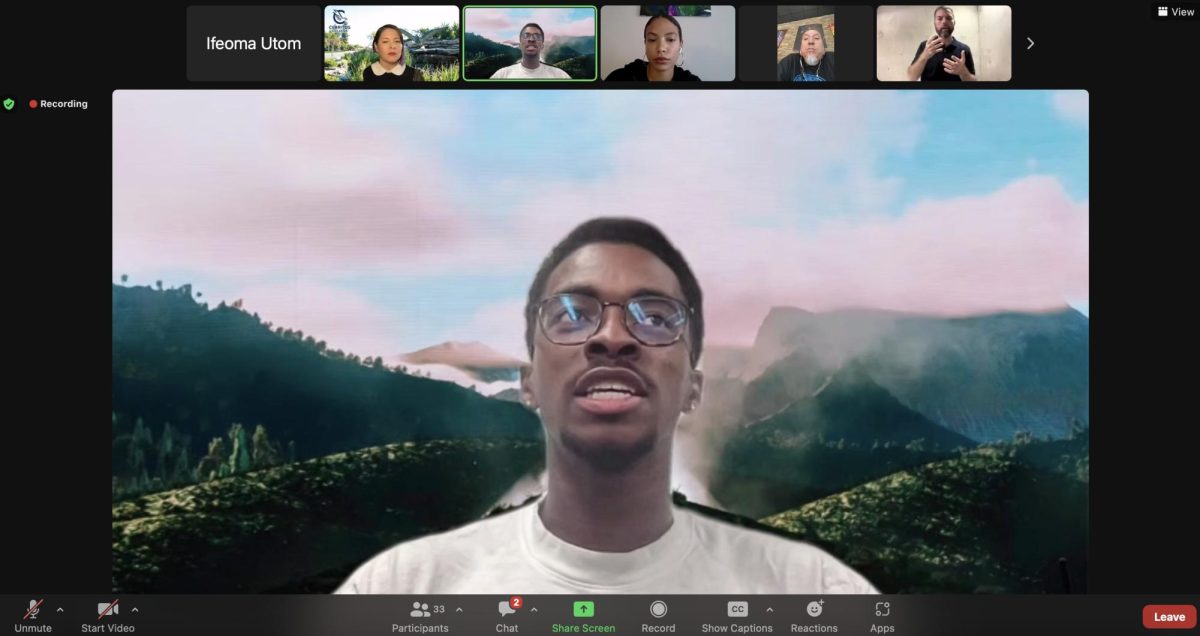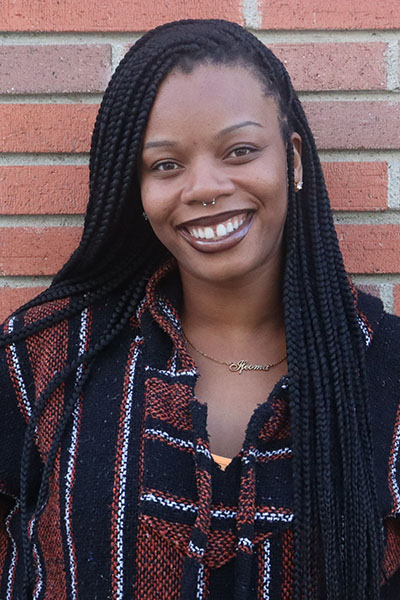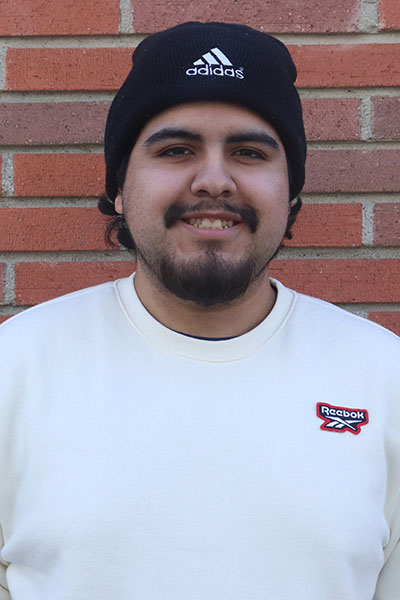In the heart of the Bronx, New York, 50 years ago, on the turntables of a back-to-school party birthed the epic genre known today as hip-hop.
Falcons Rising paid tribute to the influential genre by hosting a Zoom panel discussion on its influence in society on Oct. 17 at 11 a.m.
The discussion panel consisted of Sidney Madden, NPR Co-host of the, “Louder Than a Riot,” podcast; Zero (El Vuh) indigenous rapper, and host of the, “LA Natives,” podcast; and Caleb Dunomes, President of Cerritos College Black Student Union.
Hip-Hop has grown so much since its early beginnings of mixing and scratching turntables.
The roots of the genre have expanded beyond its capacity, creating rap and inspiring other genres such as pop, rhythm and blues, reggae and so on.
Sidney Madden says that Hip-Hop plays such an important role in her life, its importance influencing her beyond words that can even be described.
“Hip-hop has always influenced me from before I can even remember,” Madden said, “It’s a part of my culture, it was the first piece of art that I was exposed to where I felt fully heard and seen in.”
Madden describes the genre as a vehicle of expression for black people with emphasis on the oppression and scrutiny of black women, hip hop is a vessel for messaging when a lot of other places don’t want you to be heard.
Hip-hop stemmed other forms of art such as DJing, breakdancing, MCing or rapping, and graffiti art just to name a few.
Growing up in the inner cities of East Los Angeles, Zero was exposed to a lot of the beauty that hip-hop had to offer that other cities may not have experienced.
His journey with hip-hop took a deeper and more spiritual route, embodying the depth of the soul with the spirit of his ancestors and the voice of an oppressed people.
“Lyrics were a very important thing to me in my Hip-Hop journey,” the LA Native host said, “To sing your spirituality, to show who you are and where you come from, and the depth of your ancestors, its a global communication and I used hip-hop as a medium to do that.”
Hip-hop, Zero said, allowed him to go deep into his spiritual journey and pull out the message of a (group) of people (indigenous people) that have been minimalized and mistreated for hundreds of years.
Hip-hop gave freedom to creativity and had no set rule or limit on expression. As it gets older, the genre continues to create out of the box and so do its artists.
Caleb Dunomes as a youth in Hop-Hop sees the genre-changing by the day with its artists expanding the way they use their lyrics, breaking out of its stereotypes and inspiring its listeners to evolve.
“The vulnerability we see in rap now and the amount of expression has been breaking the stereotypes placed on rap, that rap is hyper-masculine and all it cares about is violence and sexuality,” Dunomes said.
The future of Hip-Hop is just as bright as it was when it was born. The genre is continuing to grow, create, inspire and remain solid passing down the torch to future generations.
Dunomes said Hip-Hop being 50 years old is a good example of a 50-year-old still learning and being able to do new things.
With new artists coming out and creating new fusions of music Hip-Hop creators continue to break boxes on how they create and what they create and that’s the future of it.
Closing out the discussion, some artists the panel gave to check out are Amaarae, Dakota Bear, Rico Nasty, Larry June, Drezus, and Teezo Touchdown.

















